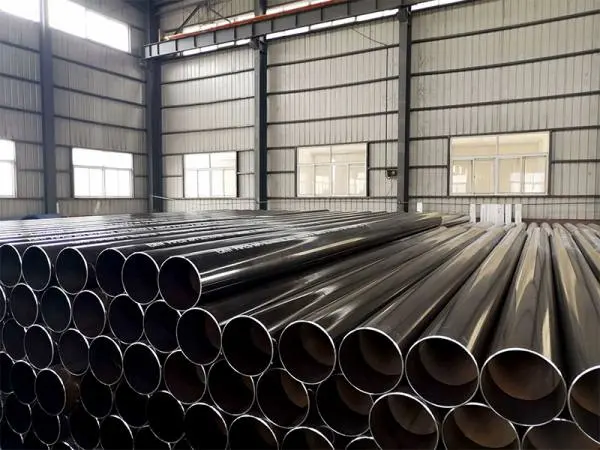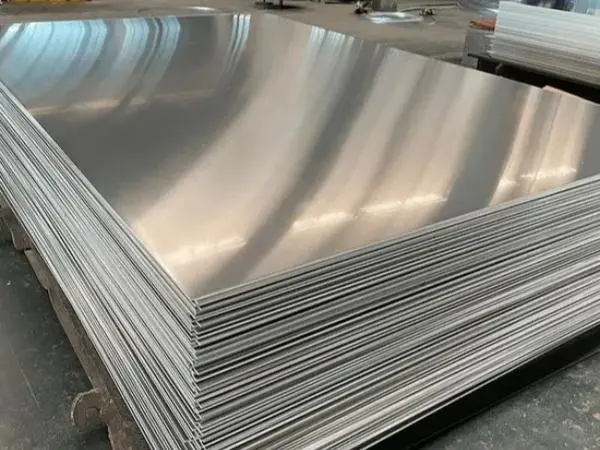- Phone0086 731 8564 8255
- E-mailsales@cscsteel-manufacturing.com
-

This is an important question regarding the maintenance of galvanized steel pipes. Proper rust removal and maintenance are critical to ensure their long-term performance. Below is an overview of the key considerations.
1. Characteristics of Galvanized Steel Pipes
Galvanized steel pipes have a zinc coating on their surface that protects against corrosion. These pipes are commonly used in construction, engineering, and water supply systems due to their corrosion resistance, wear resistance, and long service life. However, over time, the surface of galvanized steel pipes may start to rust, making rust removal and maintenance essential for preserving their functionality.
2. Why Rust Removal is Necessary
Surface Damage: During transportation, installation, or everyday use, the surface of galvanized steel pipes can suffer damage from collisions or friction. This can break the protective zinc layer, exposing the steel beneath and leading to rust.
Aging of the Galvanized Layer: Over time, the zinc coating can deteriorate and lose its protective effectiveness, leaving the steel pipe vulnerable to environmental factors like moisture, leading to rust formation.
3. Methods for Rust Removal
When rust appears on galvanized steel pipes, several methods can be employed to remove it:
Mechanical Rust Removal: Tools such as grinding wheels or sanding machines can be used to manually remove the rust and restore the pipe's surface finish.
Chemical Rust Removal: Chemical agents can be applied to the rusted areas to convert rust into soluble compounds, which can then be washed away. After this, an anti-rust treatment can be applied to the pipe’s surface.
Electrolytic Rust Removal: Electrolysis can be used to remove rust by breaking it down and separating it from the pipe surface.
4. Maintenance Guide for Galvanized Steel Pipes
To prolong the life of galvanized steel pipes and maintain their integrity, regular maintenance is essential:
Regular Cleaning: Clean the pipes periodically to remove dust, oil, and other impurities, keeping the surface smooth and free of debris.
Prevent Surface Damage: Avoid harsh impacts or collisions that can damage the zinc layer and expose the steel underneath.
Apply Anti-Corrosion Coating: Depending on the environment, consider applying a protective anti-corrosion coating to enhance the pipe’s resistance to rust and environmental factors.
By regularly addressing rust issues and maintaining galvanized steel pipes properly, their service life can be significantly extended, ensuring optimal performance in various applications.




